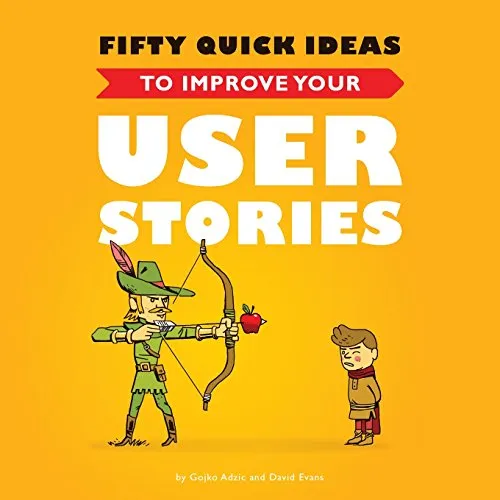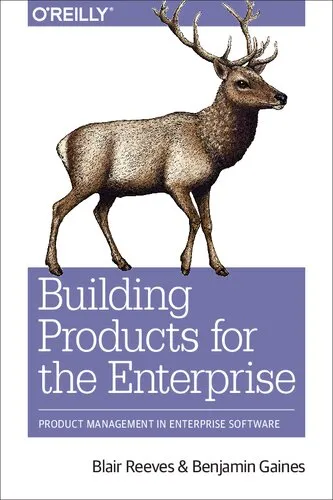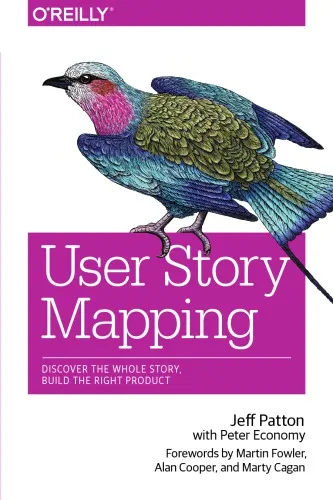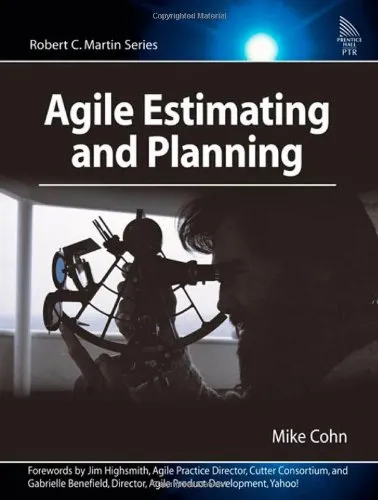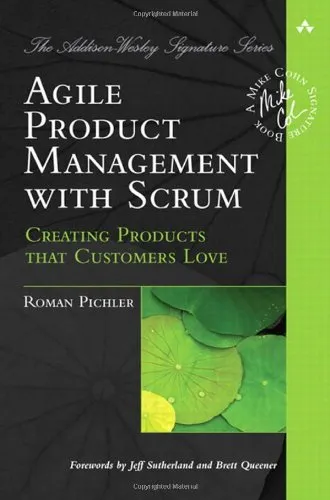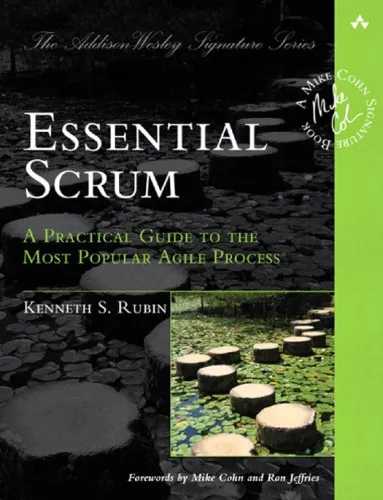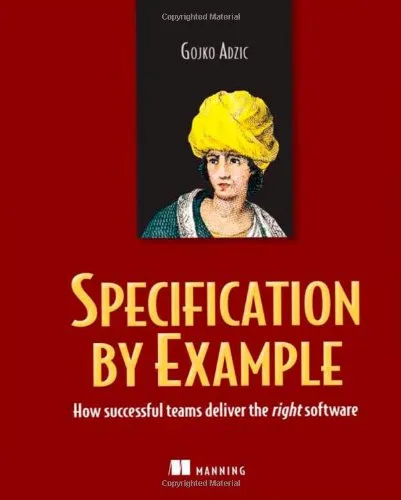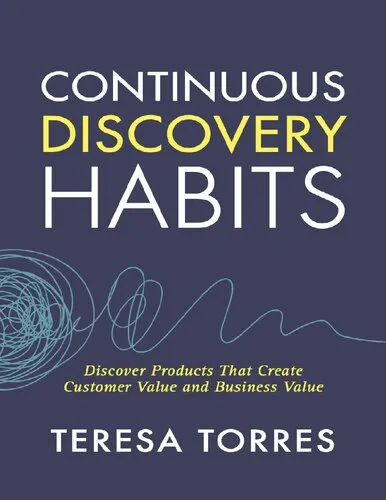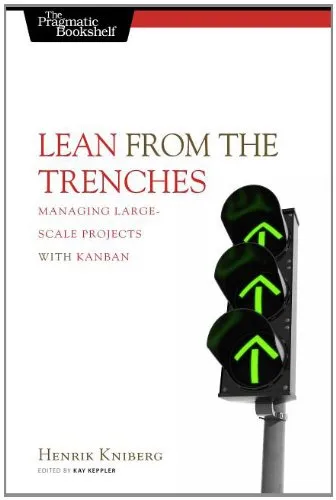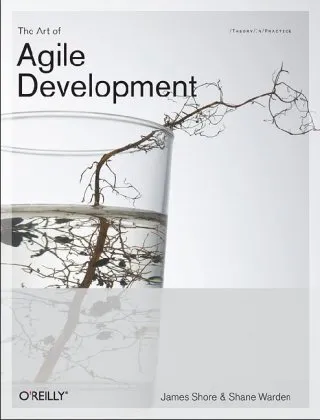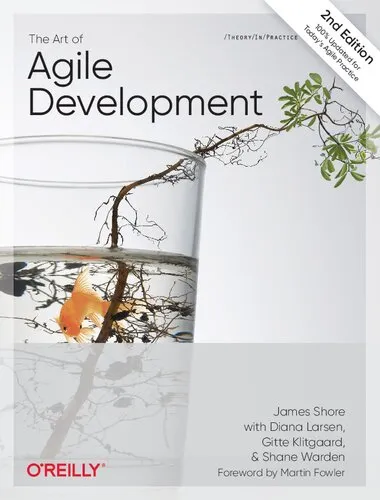Fifty quick ideas to improve your user stories
4.6
Reviews from our users

You Can Ask your questions from this book's AI after Login
Each download or ask from book AI costs 2 points. To earn more free points, please visit the Points Guide Page and complete some valuable actions.Related Refrences:
Introduction to "Fifty Quick Ideas to Improve Your User Stories"
In the fast-evolving world of software development, user stories have become an integral part of agile methodologies. "Fifty Quick Ideas to Improve Your User Stories" by Gojko Adzic, David Evans, and Nikola Korac is a practical guide designed to enhance and enrich the process of writing and managing user stories. With a focus on practicality and efficiency, this book is a treasure trove of insights for product owners, business analysts, and developers alike.
Detailed Summary of the Book
This book is a collection of quick, actionable ideas designed to help agile teams work more effectively with user stories. Unlike theoretical tomes, this book cuts straight to the heart of practical implementation. Each of the fifty ideas presented addresses a unique aspect of user story creation and management, including how to capture requirements, how to communicate better with stakeholders, and how to deliver valuable software.
Each idea is presented concisely, allowing the reader to grasp the concept quickly and implement it immediately. The book covers a wide range of topics from clarity and detail in user stories to techniques for splitting and prioritizing stories, ensuring that there's valuable content for both novices and seasoned professionals.
Key Takeaways
- User stories should focus on value to the customer, ensuring that all work aligns with customer needs.
- Effective user stories are a conversation starter, not a detailed specification.
- Regular refinement and prioritization of user stories are essential to maintain a clear and effective backlog.
- Splitting stories correctly can lead to more predictable and manageable iterations.
- Aligning user stories with business goals helps teams deliver more meaningful results.
Famous Quotes from the Book
"A good user story is a catalyst for a conversation."
"The perfect user story is the one that facilitates learning and adapts as you gather insights."
"Remember, it’s not just about writing stories correctly, it’s about getting them right."
Why This Book Matters
"Fifty Quick Ideas to Improve Your User Stories" matters because it demystifies the process of writing user stories. In today’s agile environments, the ability to rapidly adapt to change and articulate requirements through well-crafted user stories is vital. This book empowers teams to become more productive, collaborate better, and deliver higher quality software by refining their approach to user stories.
Furthermore, the book emphasizes the importance of continuous learning and improvement. In an era where speed and accuracy are constantly demanded, being able to adapt and refine processes efficiently ensures not only survival but success. This book serves as both a primer for new entrants to agile methodologies and a resource for experienced practitioners seeking to sharpen their skills.
Free Direct Download
You Can Download this book after Login
Accessing books through legal platforms and public libraries not only supports the rights of authors and publishers but also contributes to the sustainability of reading culture. Before downloading, please take a moment to consider these options.
Find this book on other platforms:
WorldCat helps you find books in libraries worldwide.
See ratings, reviews, and discussions on Goodreads.
Find and buy rare or used books on AbeBooks.
1463
بازدید4.6
امتیاز0
نظر98%
رضایتReviews:
4.6
Based on 0 users review
Questions & Answers
Ask questions about this book or help others by answering
No questions yet. Be the first to ask!
